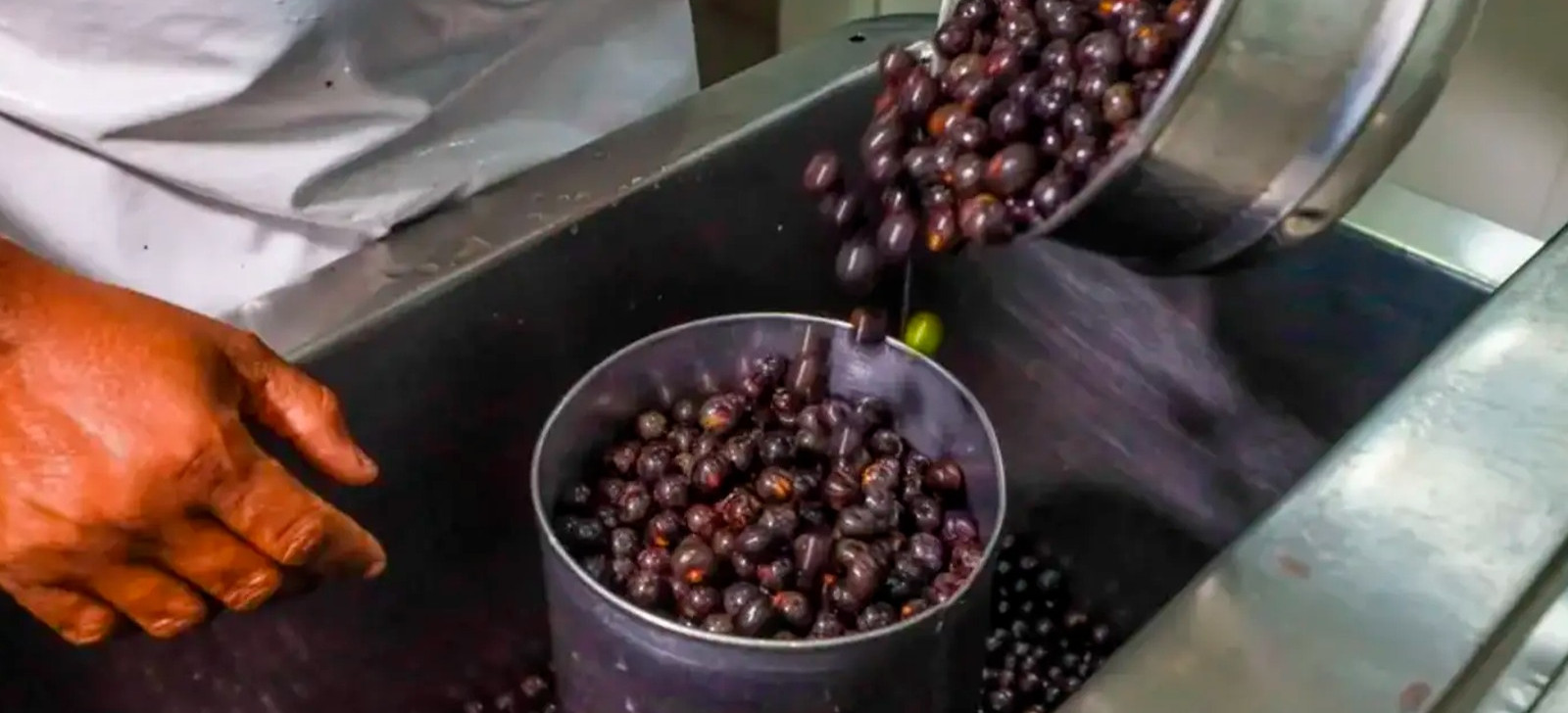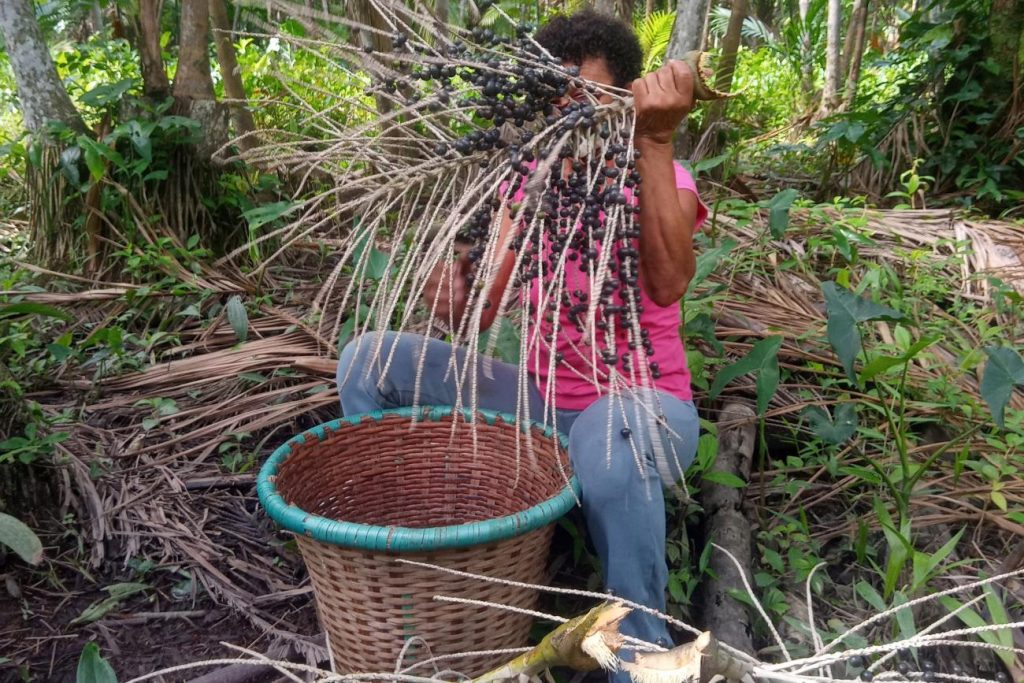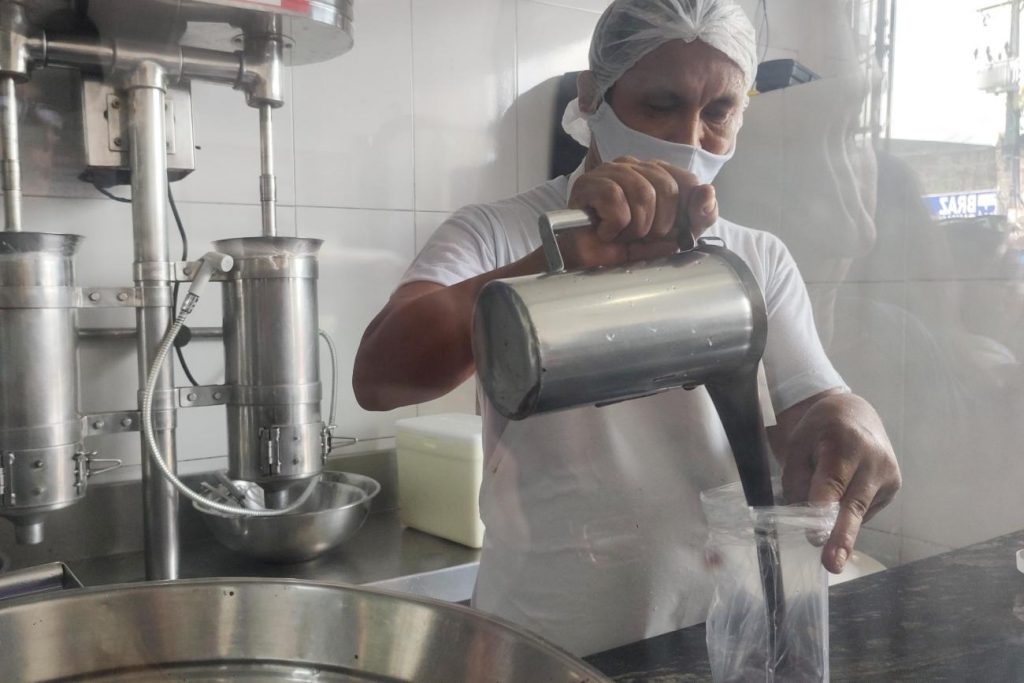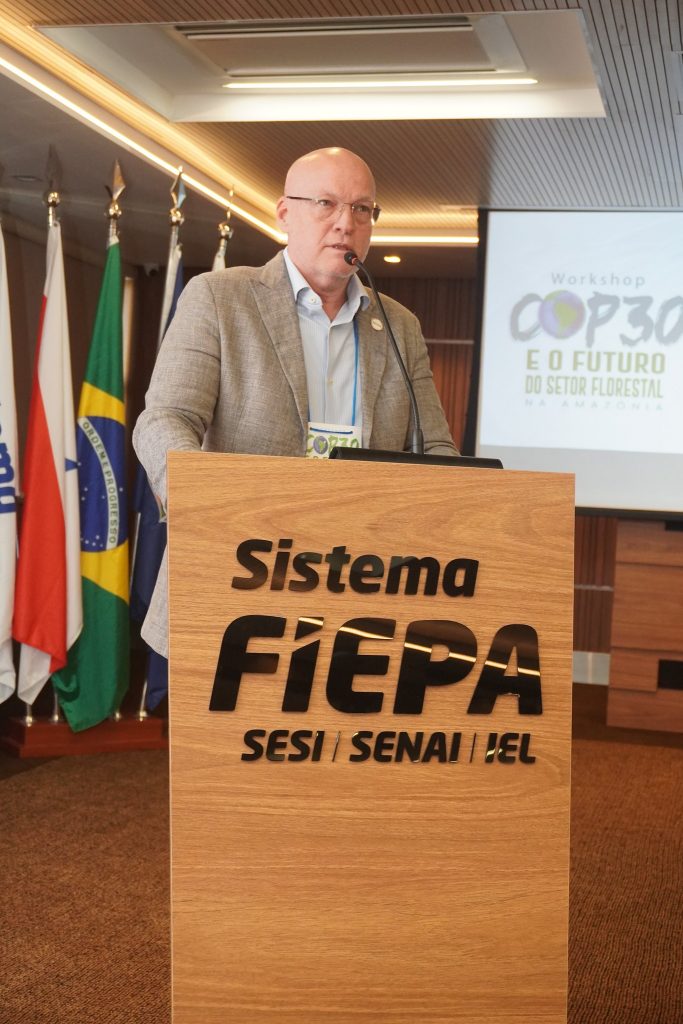Trump tariff threatens açaí exports from Pará, warns industry
20 de July de 2025

By Fabyo Cruz – From Cenarium
BELÉM (PA) – The imposition of a 50% tariff on Brazilian products starting August 1st, announced by United States (US) President Donald Trump, has raised concerns about the future of açaí production in Pará. The state is responsible for a significant portion of Brazil’s açaí exports, and the United States is by far the main destination for the product.
The US absorbs around 75% of açaí exports from Pará, according to economist Nélio Bordalo Filho, a board member of the Regional Council of Economics of the States of Pará and Amapá (Corecon PA/AP). In 2025 alone, the state had already shipped approximately 15,107 tons of the fruit abroad, totaling US$57.9 million — of which US$43.6 million went to the US market.

The tariff measure, which raises import taxes on Brazilian products from 10% to 50%, poses a direct threat to the competitiveness of açaí. “The immediate impact of this protectionist imposition will be a blow to the competitiveness of the product from Pará. A 50% surcharge will make açaí pulp less attractive to foreign importers,” says Bordalo. He warns that the impact may result in an abrupt reduction in state revenue, with losses amounting to tens of millions of dollars.
In addition to economic losses, the tariff is expected to trigger immediate social effects. Small producers and processors, who already operate on tight margins, will be the first to feel the market contraction, the specialist notes. With contracts being canceled or reduced, there is a risk of business closures, job losses, and direct impacts on the income of families who depend on açaí harvesting and processing, especially in municipalities in the interior of Pará.

Bordalo also states that the tariff increase could cause imbalances in the domestic market. According to the economist, part of the production originally intended for export is expected to be redirected to national consumption, which may lead to price hikes locally and pressure the cost of living in the region’s cities.
Pará seeks strategy
For the president of the Federation of Industries of the State of Pará (Fiepa), Alex Carvalho, the measure jeopardizes the sustainability of one of the most important value chains in the Amazon bioeconomy. “Açaí accounts for 56.49% of the total volume of fruits exported by Pará, and in the first half of this year, more than 75% of these exports went to the United States. Therefore, the imposition of a 50% tariff tends to reduce the competitiveness of the product from Pará in the US market, potentially resulting in contract reductions, suspension of new orders, and economic instability for local suppliers and producers,” he explains.

Also according to Carvalho, between January and June 2025, açaí exports to the United States increased by 59.34% compared to the same period the previous year, confirming the weight of the US market in the sector’s revenue. “Even though açaí is recognized for its nutritional value and high international demand, a tariff impact of this magnitude would certainly compromise profit margins, potentially reducing the product’s appeal to US importers. That would result in losses affecting everything from small producing communities to agro-industries that currently rely on the US market as their main destination,” he warns.

Given the scenario, Fiepa is coordinating with the National Confederation of Industry (CNI) to devise strategies for mitigating the effects of the measure. “This is a negotiation agenda that must be conducted with strict responsibility and seriousness, in order to avoid any politicization of a matter that is commercial, strategic, and vital to the economic development of Pará and Brazil. In alignment with the National Confederation of Industry, the Federation takes a firm stance in exhausting all negotiation possibilities with the competent authorities, seeking reasonableness, prudence, and sobriety to ensure continued access to the US market and the stability of Pará’s production chains,” Carvalho emphasizes.

